The Advanced Oncology Fellowship Program at Memorial Sloan Kettering Cancer Center (MSK) is dedicated to enhancing subspecialized education and skill development in a specific field of hematologic malignancies or medical oncology. It provides a comprehensive 1-2 year training program focused on clinical, multidisciplinary, and translational research for individuals who have successfully completed fellowship training in medical oncology and hematology.
- Breast oncology
- Early drug development
- Gastrointestinal oncology
- Genitourinary oncology
- Gynecologic oncology
- Head and neck oncology
- Leukemia
- Lymphoma
- Melanoma
- Multiple myeloma
- Sarcoma
- Thoracic oncology
Program Objectives
Trainees will learn state-of-the-art management of cancers within their specific area of clinical focus with high emphasis on multidisciplinary approaches, and clinical, translational/ laboratory research. Each trainee will be supervised and coached by a clinical and research mentor throughout the fellowship.
This is a non ACGME accredited program, overseen by the GME and hematology/oncology fellowship program. Trainees will receive a certificate of completion at their graduation.
Clinical Disease Management
Fellows develop subspecialty expertise in the oncologic area of their interest by rotating through outpatient clinics in areas of clinical interest throughout the duration of the fellowship. (e.g., breast cancer, lung cancer, gastrointestinal, or genitourinary cancers).
The educational experience is bolstered by Solid Tumor Oncology/Hematologic Oncology Grand Rounds, Department of Medicine Grand Rounds, and Service-specific conferences, such as the Leukemia Conference, Multidisciplinary Lymphoma Conference, Breast Medicine Conference etc., within the trainee’s area of clinical focus. Training is further supplemented by participation in Disease Management Team (DMT) Conferences, Journal Club, and clinically relevant portions of the Core Course for Medical Oncology/Hematology Fellows. In addition, fellows are expected to enroll in the Clinical Research Methodology Curriculum funded by a National Institutes of Health (NIH) grant. The curriculum is designed to teach the principles and practice of scientifically sound and ethically responsible oncologic research. Trainees are also encouraged to participate in MSK’s Hematology Oncology Fellowship Program Level 1 Grant Writing course. As part of this multidisciplinary training, fellows typically participate in a research project where they are mentored by an attending physician.
Curriculum
All fellows will receive training in an oncologic area of their choice. As a result, the details of clinical training may differ depending on the clinical focus, but the core of clinical training will be similar. Since fellows in this program will have previously completed subspecialty training, and (with notable exceptions in the treatment of some hematologic cancers and bone marrow transplant) most state-of-the-art clinical practice in oncology occurs in the outpatient arena, the curriculum will emphasize outpatient clinical training and protected time for research. All fellows will participate in 4 sessions of outpatient clinics each week (one clinic session is half a day). Each clinic will be supervised by an attending physician in the Department of Medicine with expertise in a focused area of oncology. During outpatient clinic experiences, fellows will learn about the biology and natural history of disease, presenting symptoms and physical signs, appropriate diagnostic techniques, clinical data interpretation, interaction with multidisciplinary groups, such as radiology and pathology, appropriate clinical management, side effects and complications of recommended management, and correct performance of clinical procedures.
Training will occur in the specific areas of:
- Breast oncology
- Early drug development
- Gastrointestinal oncology
- Genitourinary oncology
- Gynecologic oncology
- Head and neck oncology
- Leukemia
- Lymphoma
- Melanoma
- Multiple myeloma
- Sarcoma
- Thoracic oncology
Each of these fellowships corresponds to a service within the Department of Medicine. As such, during the course of the 2-year program, each fellow will rotate through the sufficient clinics to attain comprehensive exposure to and training in the area of clinical focus. For example, a fellow receiving advanced training in gastrointestinal (GI) oncology would rotate through outpatient clinics of the solid tumor GI service, specializing in each of the following areas: gastroesophageal, colorectal, pancreatic, hepatobiliary, and neuroendocrine cancers. In some instances, training may be engaged in more than one specific area, although it is expected that the resulting program will retain a particular focus, such as hematologic oncology focusing on training in lymphoma, leukemia, and bone marrow transplant, or a combination of breast and gynecologic oncology.
Although the emphasis of clinical training will be in the outpatient arena, to achieve comprehensive exposure to a specific clinical area, particularly the hematologic malignancies, fellows may rotate through inpatient services, including leukemia, lymphoma, autologous stem cell transplant, allogeneic bone marrow transplant, and cellular therapy.
As part of multidisciplinary training, fellows in the Advanced Oncology Fellowship Program will also be trained in the conduct of human subject research. Fellows will be assigned to a mentor within the area of clinical focus. The mentor will be directly responsible for supervising the fellow and will meet with the fellow once weekly to review the fellow’s progress. During this aspect of training, fellows will learn:
- How to formulate a research hypothesis
- Project-appropriate research methodology
- Data interpretation
- Presentation skills
- Scientific writing
In addition to mentor-mediated supervision, the fellow will be evaluated at least twice yearly by the Service Chief of the area of clinical focus and the fellowship program directors.
Deadline
December 1
Length of Program
1-2 years
Eligibility
Applicants must have completed internal medicine residency (or equivalent) and subspecialty fellowship training in Medical Oncology and/or Hematology. They must have completed USMLE steps 1, and 2CK. Applicants must hold a valid ECFMG certificate.
Number of Positions
10 positions
How To Apply
Please send an updated CV and personal statement to the GME Coordinator Luanda Theobalds ([email protected]).
2023-2024 Fellows

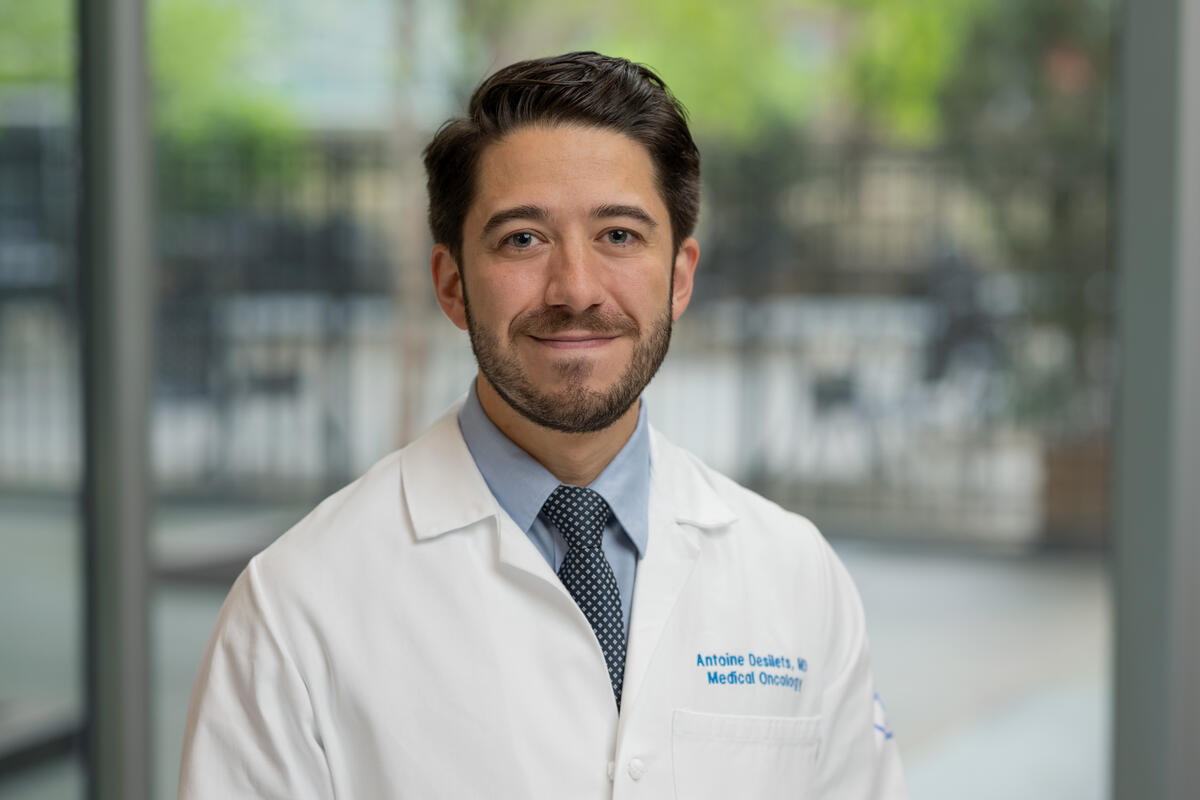

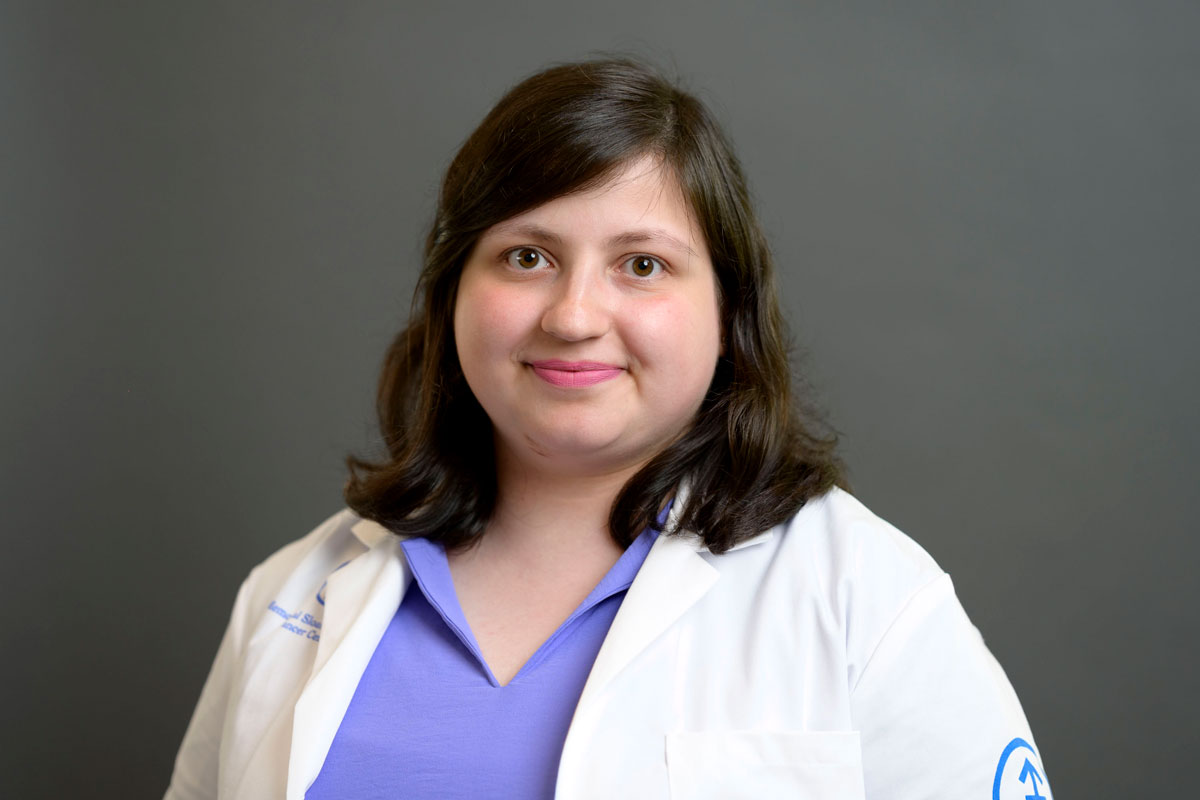

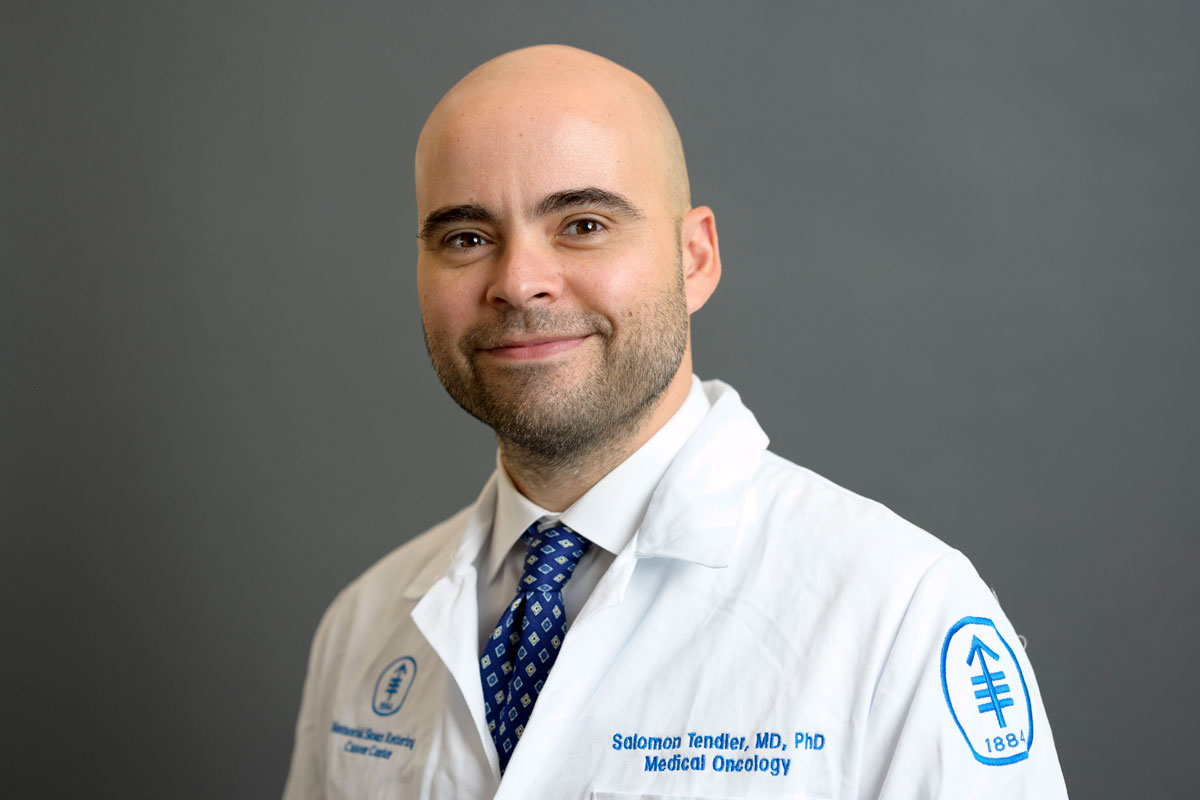
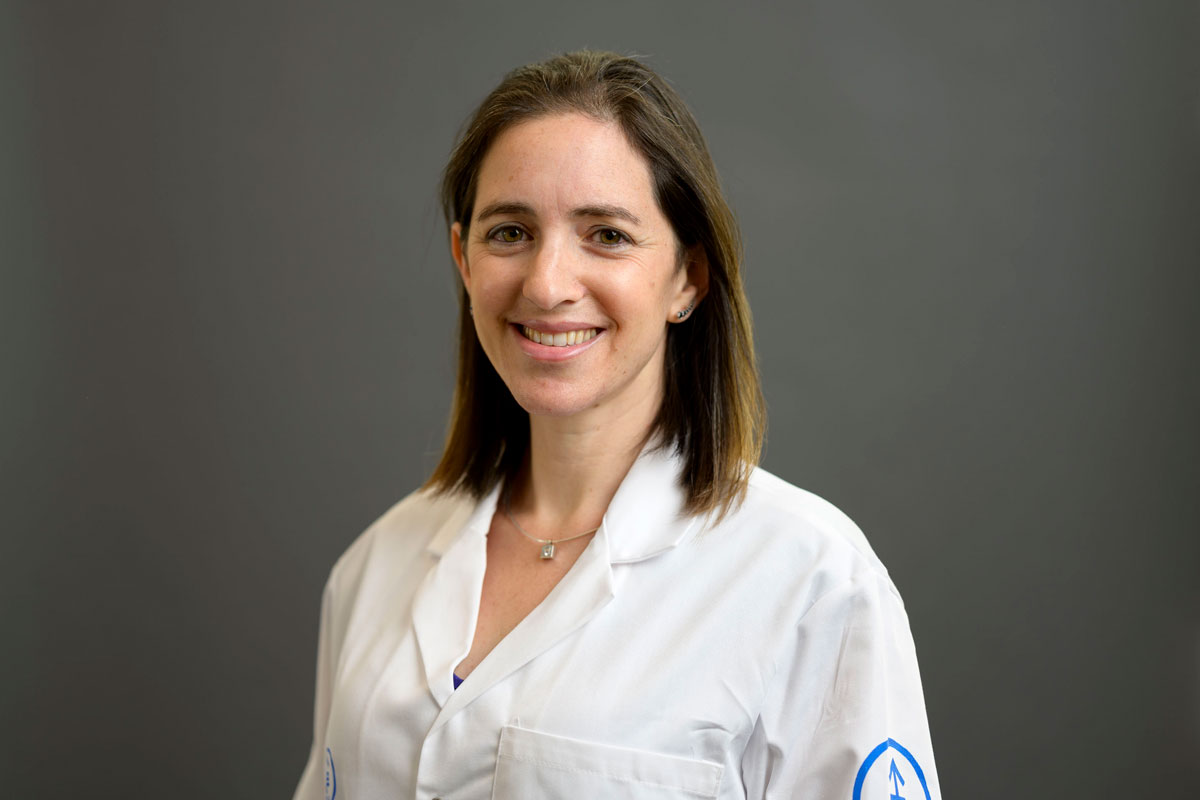


Program Leadership
Director
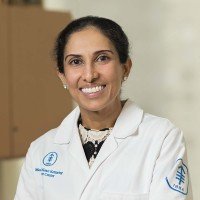
Section Head, Endometrial Cancer Program; Director, Hematology-Medical Oncology Fellowship Training Program; Associate Attending Physician
Associate Director

Assistant Attending Physician